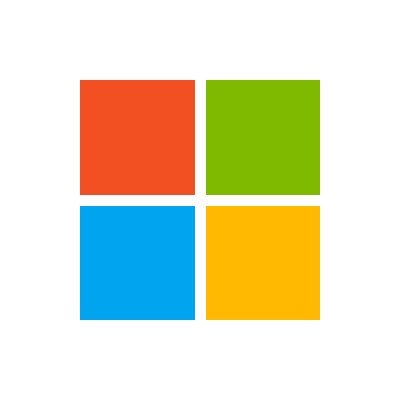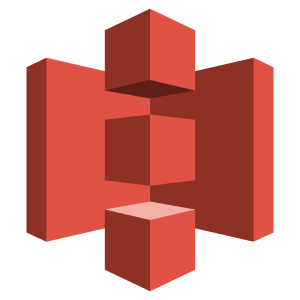Compare - Min.io VS Databricks
Here’s the difference between Min.io and Databricks. The comparison is based on pricing, deployment, business model, and other important factors.
About Min.io
Minio is an open source object storage server with Amazon S3 compatible API. It provides the facility to build cloud-native applications portable across all major public and private clouds. It provides protection to the data against hardware failures using erasure code and bitrot detection. To provide confidentiality, integrity, and authenticity of data both server side and client side uses encryption technology such as AES-256-GCM, ChaCha20-Poly1305, and AES-CBC (Cipher Block Chaining). It is available for Linux, Windows, and Mac.
About Databricks
Databricks provides a data lakehouse that unifies your data warehousing and AI use cases on a single platform. With Databricks, you can implement a common approach to data governance across all data types and assets, and execute all of your workloads across data engineering, data warehousing, data streaming, data science, and machine learning on a single copy of the data. Built on open source and open standards, with hundreds of active partnerships, Databricks easily integrates with your modern data stack. Additionally, Databricks uses an open standards approach to data sharing to eliminate ecosystem restrictions. Finally, Databricks provides a consistent data platform across clouds to reduce the friction of multicloud environments. Today, Databricks has over 7000 customers, including Amgen, Walmart, Disney, HSBC, Shell, Grab, and Instacart.
Comparison Table
| Overview | ||
|---|---|---|
| Categories | Data Lakes | Data Warehouses, Data Lakes |
| Stage | Mid Stage | Late Stage |
| Target Segment | Enterprise, Mid size | Enterprise, Mid size |
| Deployment | SaaS | SaaS |
| Business Model | Commercial | Commercial |
| Pricing | Freemium | Freemium, Contact Sales |
| Location | California, US | San Francisco, US |
| Companies using it | ||
| Contact info |
Add to compare

